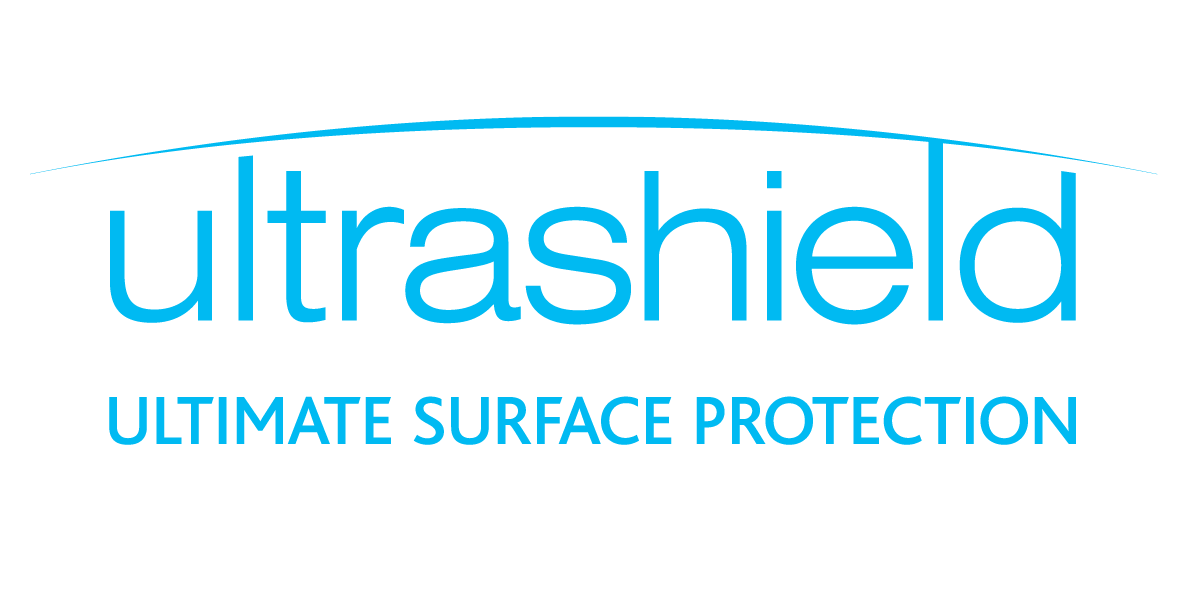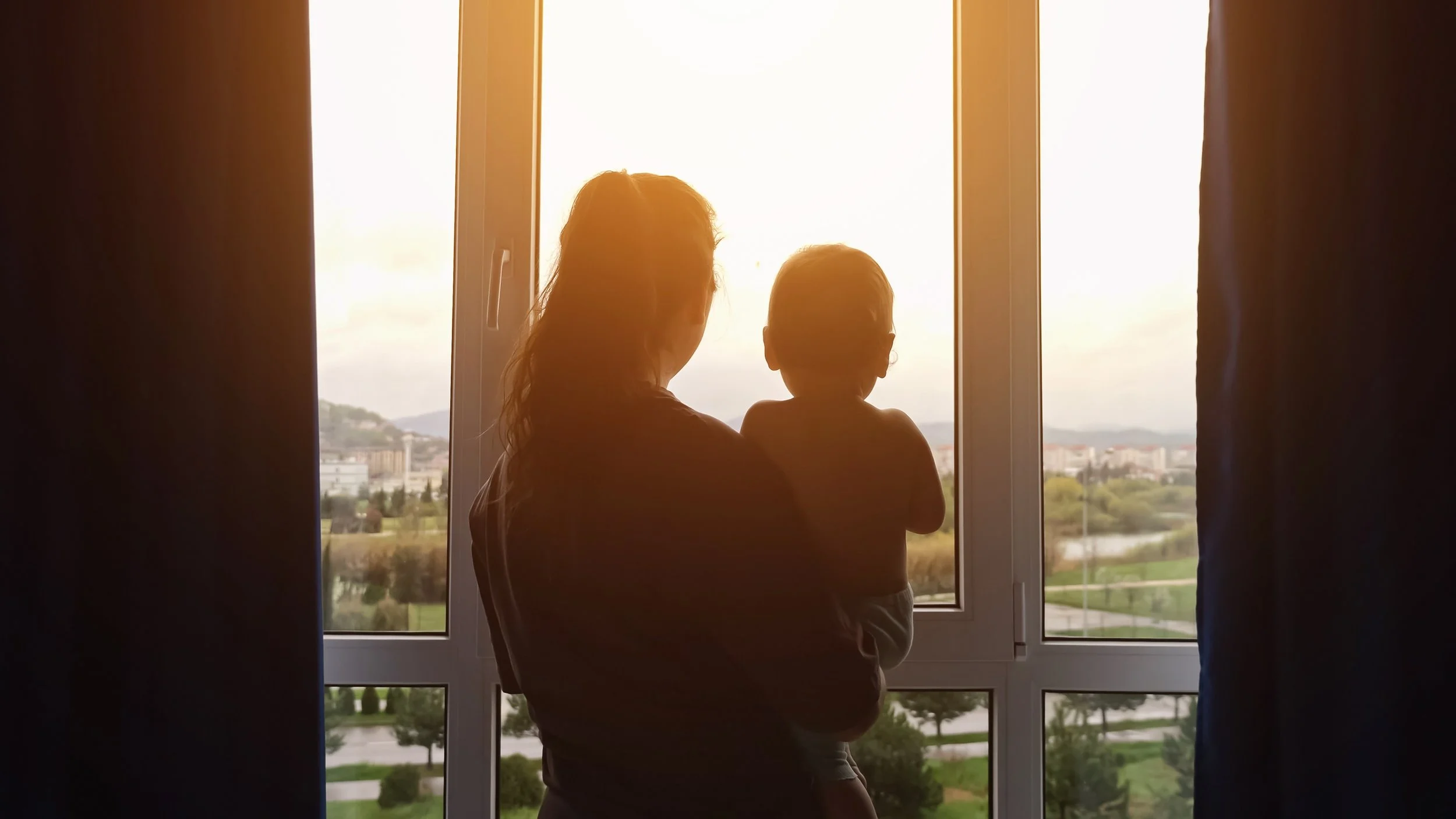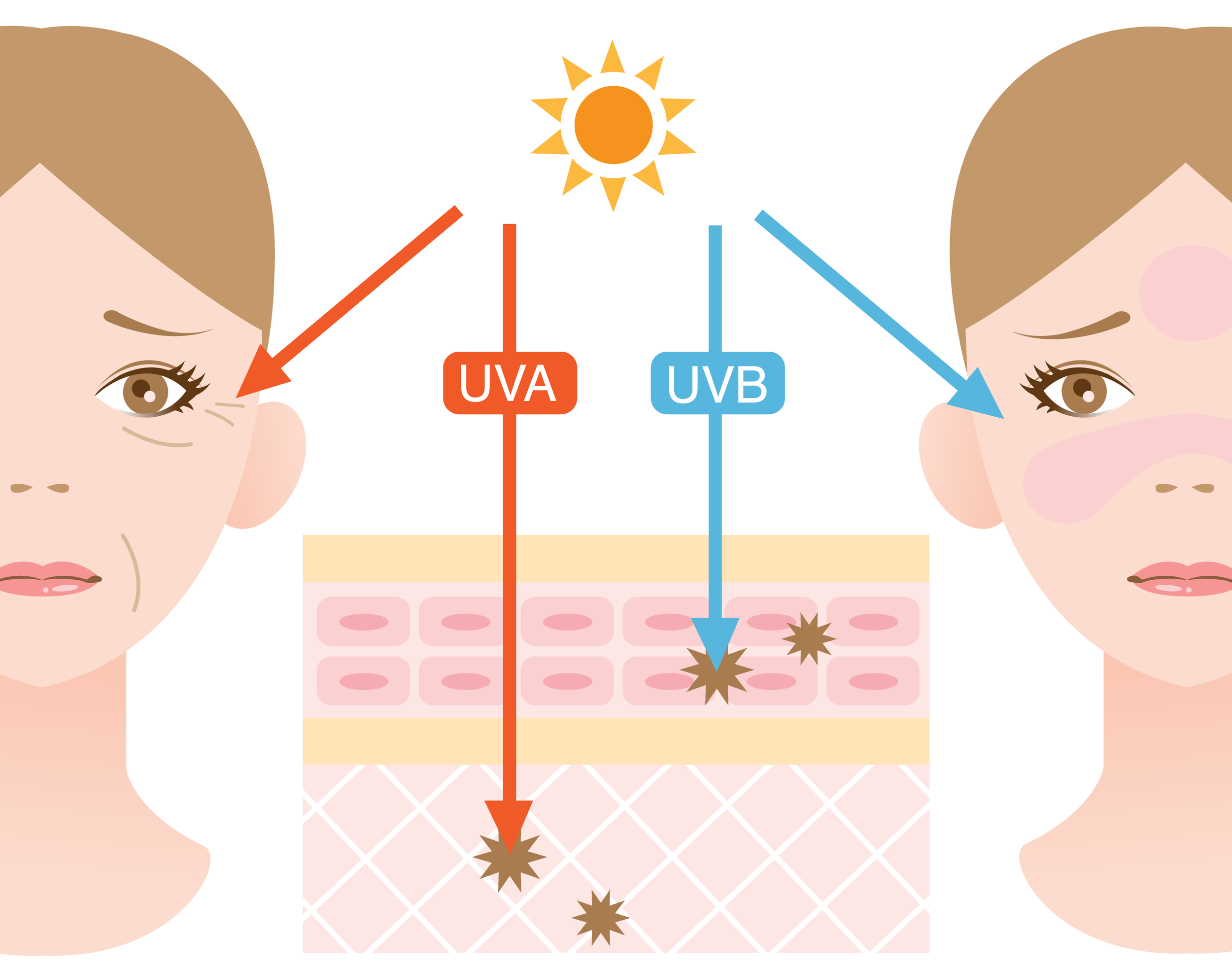How Window Tinting Protects Your Skin and Eyes from Harmful UV Rays
We all know how important sunscreen is for protecting our skin outdoors, but what about inside your home, office? You might be surprised to learn that UV (ultraviolet) rays can still reach you through glass, silently damaging your skin and eyes over time.
That’s where window tinting comes in, not just for privacy or aesthetics, but as a powerful layer of protection against UV radiation. In this post, we'll explore how professional window films help shield you from harmful rays and contribute to long-term health.
☀️ What Are UV Rays and Why Should You Care?
Ultraviolet rays are invisible parts of sunlight that come in two main types:
UVA rays: Penetrate deep into the skin and are linked to premature aging and long-term skin damage.
UVB rays: Affect the outer layers of the skin and are the main cause of sunburn and skin cancer.
Both UVA and UVB rays can also harm your eyes, increasing the risk of cataracts, macular degeneration, and other vision problems.
🪟 Does Glass Block UV Rays?
Standard glass only blocks UVB rays, not UVA. That means:
You can still get skin damage and age spots while sitting near a window.
Long hours of sun exposure through glass can still affect your eye health.
Whether you are working near a bright office window, or enjoying the sun from your living room, you are still exposed.
🔒 How Window Tinting Helps
Professional window films — whether for homes, or commercial buildings — are designed to block up to 99% of harmful UV rays.
Here is how it helps:
✅ 1. Skin Protection
Reduces daily exposure to UVA rays while indoors.
Helps prevent premature aging, pigmentation, and fine lines.
Lowers risk of skin cancer, especially for those with sensitive skin or a family history.
👁️ 2. Eye Health
Reduces glare and filters out harsh UV rays.
Helps protect against retinal damage, dry eyes, and vision strain.
Especially useful in offices and cars where sunlight reflects off screens or dashboards.
🌡️ 3. Comfort and Energy Efficiency
UV protection often comes along with heat reduction, making your space cooler and more comfortable.
Protects furnishings, flooring, and artwork from fading — another effect of UV damage.
🛠️ Types of UV-Blocking Window Films
There are different kinds of window tinting films with UV protection:
Reflective and Metalized films – provide privacy and UV defence.
Ceramic or nano-technology films – premium, non-metallic films that deliver outstanding performance without interfering with visibility. Depending on the specific type, they can range from ultra-clear and low-reflective (near invisible) to darker options that provide enhanced glare and heat reduction.
At Ultrashield, we help you choose the best option based on your needs and budget.
✅ Conclusion
Window tinting is more than just a visual upgrade — it is a health-conscious decision. Blocking UV rays helps protect your skin, preserve your eyesight, and create a safer indoor environment for your whole family.
If you want to reduce UV exposure without sacrificing natural light, window film is one of the smartest and most cost-effective solutions.




